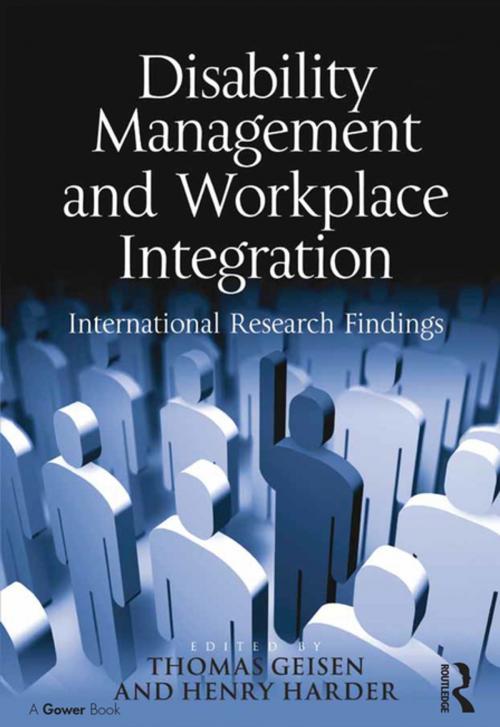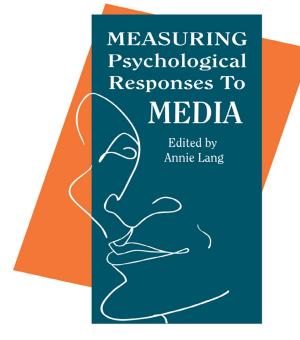Disability Management and Workplace Integration
International Research Findings
Nonfiction, Social & Cultural Studies, Political Science, Politics, Labour & Industrial Relations| Author: | Henry G. Harder | ISBN: | 9781317150152 |
| Publisher: | Taylor and Francis | Publication: | May 23, 2016 |
| Imprint: | Routledge | Language: | English |
| Author: | Henry G. Harder |
| ISBN: | 9781317150152 |
| Publisher: | Taylor and Francis |
| Publication: | May 23, 2016 |
| Imprint: | Routledge |
| Language: | English |
Disability Management is perceived and understood to be an important approach to reducing the negative impact, for workers and the company, of absence due to illness and accidents, and to assisting those with disabilities to enter or re-enter the workplace. Disability Management has already become established in Canada, Australia, New Zealand, and the USA. Recently European countries have begun to promote the approach in order to reduce illness related expenses and avoid unemployment, early retirement and costs to the welfare state. In Disability Management and Workplace Integration leading researchers from around the World consider the development of Disability Management over the last three decades. They examine the on-going debate about methodology and implementation of disability management strategies and programmes, highlighting the critical debate about the implications of a stricter cost-benefit approach to Disability Management theory and practice. Professionals involved in workplace integration, researchers approaching workplace integration from a variety of perspectives such as sociology; rehabilitative medicine; psychology; education; social policy; and economics, and students on a range of courses, will appreciate this valuable book.
Disability Management is perceived and understood to be an important approach to reducing the negative impact, for workers and the company, of absence due to illness and accidents, and to assisting those with disabilities to enter or re-enter the workplace. Disability Management has already become established in Canada, Australia, New Zealand, and the USA. Recently European countries have begun to promote the approach in order to reduce illness related expenses and avoid unemployment, early retirement and costs to the welfare state. In Disability Management and Workplace Integration leading researchers from around the World consider the development of Disability Management over the last three decades. They examine the on-going debate about methodology and implementation of disability management strategies and programmes, highlighting the critical debate about the implications of a stricter cost-benefit approach to Disability Management theory and practice. Professionals involved in workplace integration, researchers approaching workplace integration from a variety of perspectives such as sociology; rehabilitative medicine; psychology; education; social policy; and economics, and students on a range of courses, will appreciate this valuable book.















